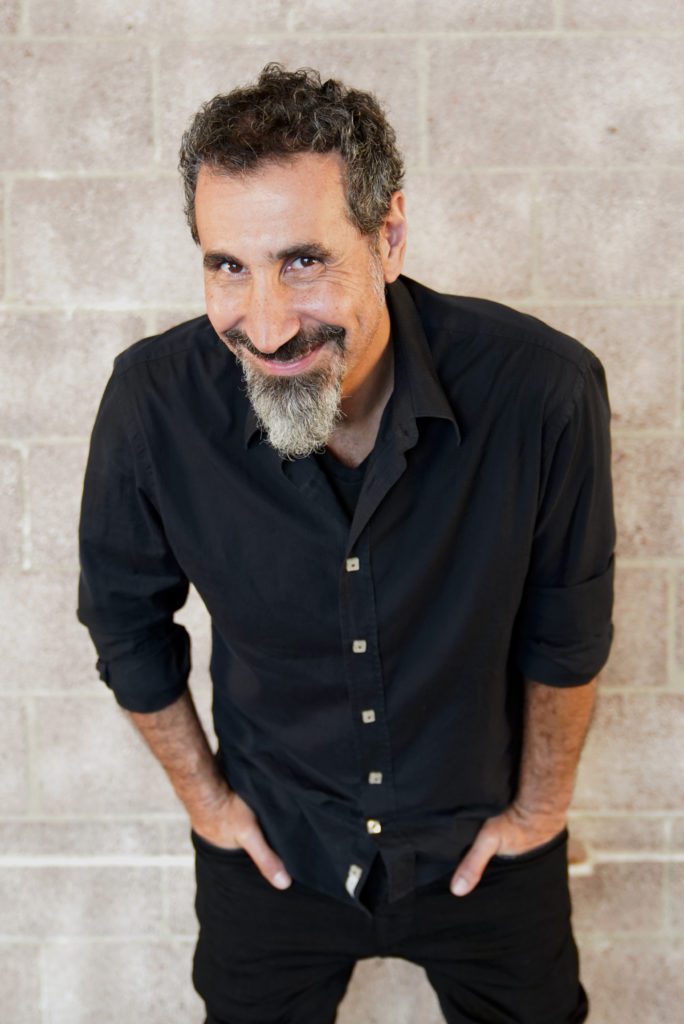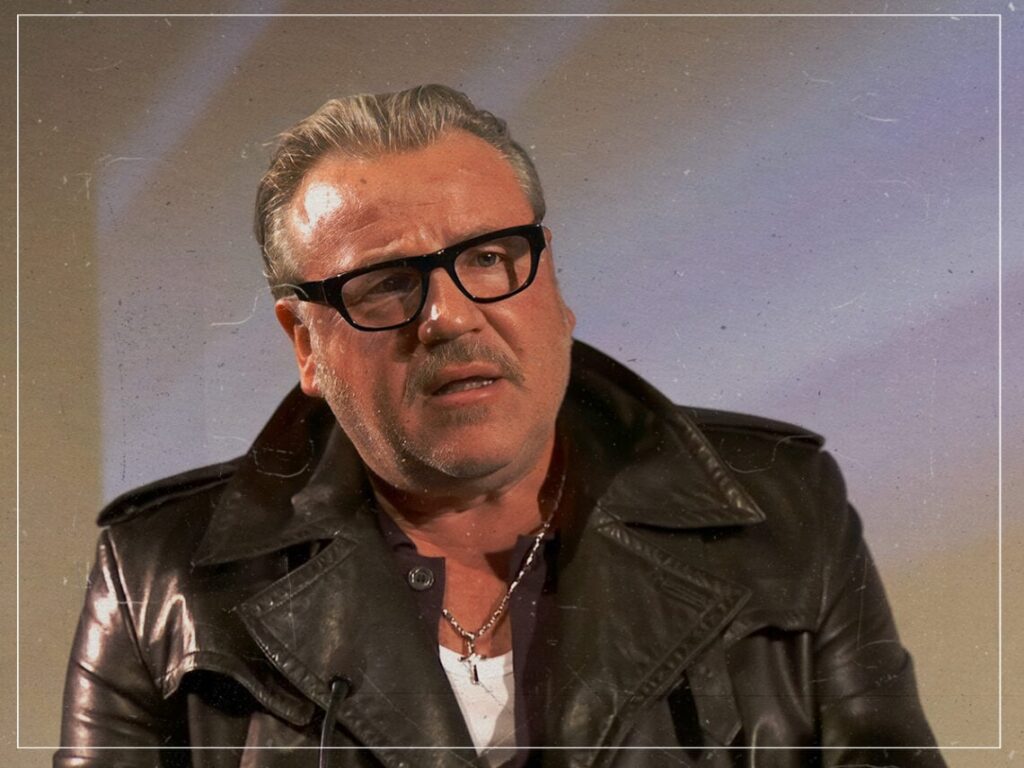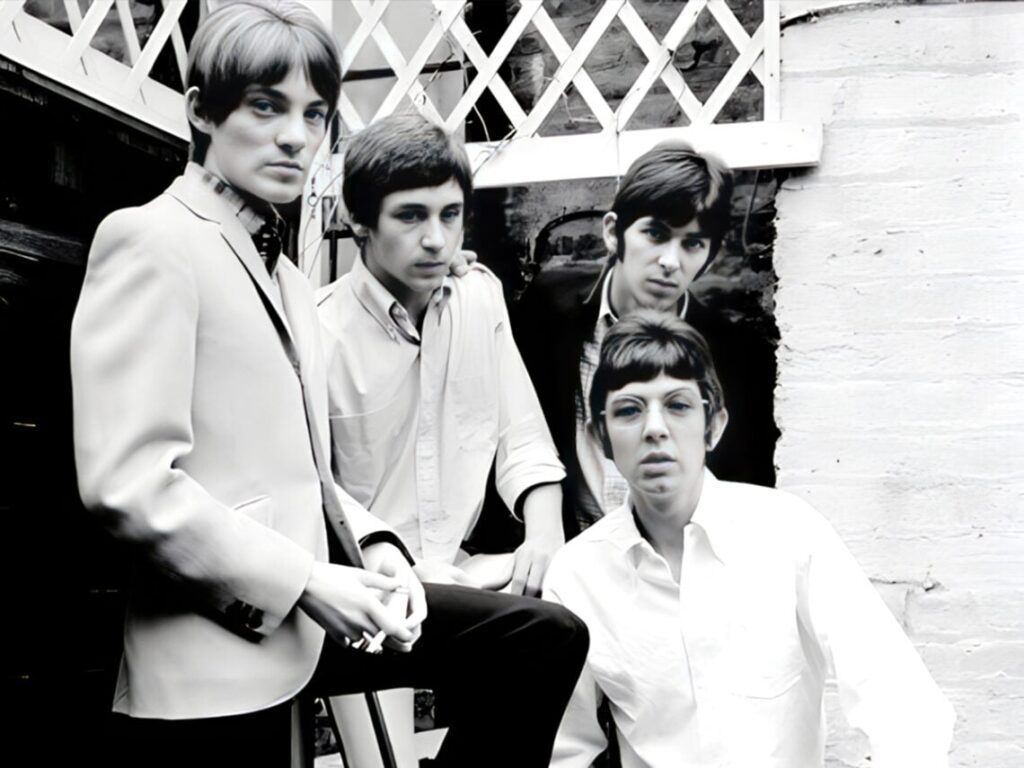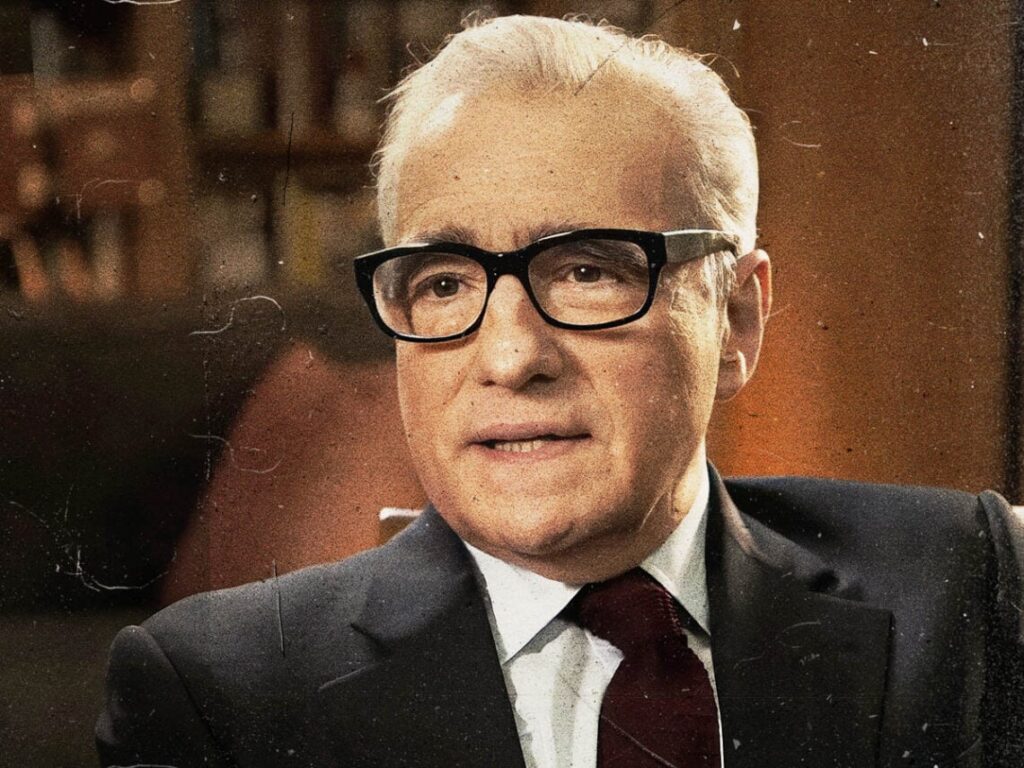Serj Tankian on Activism, 'Elasticity', His Dream Supergroup and System of a Down
 Posted On
Posted On
Onstage, Serj Tankian is a tornado of energy, his intense passion and informed vitriol delivered pointedly in System of a Down songs like “Toxicity” and “Chop Suey!” His unique staccato vocal style, influenced by innovators including Frank Zappa and Mike Patton, is a potent accompaniment to System’s dynamic and powerful post-metal musicality.
Yet on his new solo EP, Elasticity, there’s a lovely piano-based song for his son Rumi that’s tender and heart-wrenching/warming. He then shifts easily to the punky EP closer, “Electric Yerevan,” where Tankian rails “we don’t want to be the bitch of any superpowers … We say no to corruption and no to plunder / Billionaire playgrounds are going under.” [Yerevan is the capital of Armenia.]
The singer/activist’s dedication to his Armenian heritage (he was born in Lebanon and grew up in Los Angeles), human rights, recognition of genocides and social justice permeates his art and daily life. And it all coalesces with Elasticity, whose tracks are also part of his recently released Truth To Power documentary film.
Tankian, who spent most of 2020 at his New Zealand home with his wife and son, returned to the United States in October 2020 and adapted to masks and distancing rules. (New Zealand has contained the virus and is even open for bands to tour.) Calling from his Los Angeles home, the Grammy winner, who got his start with SOAD on the Sunset Strip in the mid-’90s, has a warm easygoing manner that belies his onstage vehemence, though he’s no less passionate about his words.
SPIN: I understand the songs on Elasticity were originally meant for System of a Down. When did you first write them and how did you decide to use them in your Truth to Power film?
Serj Tankian: The songs were mostly written five to six years ago. And at the time, a couple of them, especially “Electric Yerevan” and whatnot; they had such a punk ethos that I thought that they might be good as a System collaboration, and at the time we were talking and kind of playing around with ideas of working together. [SOAD’s last album was 2005’s Hypnotize, though in late 2020 they put out two singles, “Protect the Land” and “Genocidal Humanoid,” to raise awareness and funds for Armenia.] Ultimately, not get into the nitty-gritty, we just couldn’t see eye to eye creatively and philosophically to move forward with the idea of a record. So we all just kept on doing our own thing, and I finished these songs.
In some ways you’re preaching to the choir; your fans are people who like your political messages. So how do you reach those who don’t?
It’s interesting. I don’t know. I mean, you know… [Laughs.]
Even on social media people either fight or block those who don’t share their views.
I have been blocked and I have blocked a bunch of people over political stuff, over negativity, over ethical rules on social media, if you will, because I’m unapologetic in terms of my activism and political views. And not just in U.S. politics, but Armenian politics and Israeli politics and French politics and Canadian politics, Venezuelan politics. You’re gonna piss off a whole area of people because you’re involved and usually the reaction is, “Why don’t you just stick to writing music?” So instead, I just made Truth to Power for those people. To just say, “You know, we can do more. We’re human beings on our way to enlightenment, hopefully, we can use a screwdriver and, I don’t know, paint at the same time; more than one thing we could do as beings.” But that’s gonna happen, the banning happens, unfortunately.
After I listened to “Rumi,” which has lovely advice to your son in the lyrics, including “when you’re grown up in your prime, stay away from God and Crime,” I wondered who you got your sense of justice and injustice from. Did your father or mother impart the same sort of lessons?
My mom’s very God-fearing, actually. And my dad’s very comical and non-political. So it definitely wasn’t them. I got my activism from my grandfather, who was a strong activist worker. But I think I got my activism from my own experience of the Armenian Genocide issue being taboo in the United States as far as political circles. And me going, “Wait a minute, this is a democracy, how could a historical truth and relevance be discounted for political expediency or economic purposes?” That made me an activist of other causes because it made me go ‘if this is under the carpet, because someone’s selling Apache helicopters to Turkey, then how many other truths are being denied for those type of nefarious reasons?
Let’s talk about ‘Your Mom,” a great title and quirky song. How did that begin?
Originally it was a very kind of stoic song about a very specific terrorist organization [ISIS], with very specific sponsors of the countries that sponsored them and who should come in and what should be done. It was a very geopolitical essay in the form of a song. And it was still a great rock song because the music was exactly the same. But because I wrote the song five years ago, the kind of terminology didn’t match, you know, things change. If you’re telling a story about something, if you [write it but] don’t put it out until five years later [the story then] may not make sense at all. So that was what was going on. I thought, “OK, well, I need to really mess this up somehow.” So [in the song] I put in kind of Kung Fu Hustle character, which is “Your Mom.” And she’s got these slippers that kill terrorists. The whole thing just became, became a nonsensical hybrid.
I’m presuming that on Jan. 6, like the rest of the world, you watched the insurrection at the Capitol on TV. As a songwriter and also a painter, do you feel that you want to respond artistically?
You know, it’s really strange, because that was two months after the same thing happened in the Armenian parliament after Armenia lost the Artsakh war. And there were elements from the former political parties that ransacked parliament. That exact same thing happened. And it was quite embarrassing. And then it happened here. And I’m like, “Fuck, I guess I guess it can happen anywhere.” Funnily enough, I wasn’t really surprised. I was disgusted by it. But I wasn’t surprised. Because when you read the tea leaves here, it looks like everything was left open. It was obvious that there was some collusion here and there. Just seeing those pictures of people taking away historical stuff. It was just surreal. And the actual threatening of lives and guns drawn in the [Senate] chamber and stuff like that. You would think that would happen in some — I don’t know, country in the East. I don’t want to be stereotypical. But generally, people would think that way. But it happened here in the U.S. It just shows you that this divisiveness is really, really horrible. This divisiveness is poisonous, and I attribute it mostly to a lack of proper education.
Is there a solution to that?
Only educated people can argue without throwing fish, right? I mean, only cultured and educated people. The solution is to reverse the Reagan-era cuts in public education that have been going through all the democratic presidents as well. Actually, you know, we’re the richest country in the world, let’s spend on equity on our own people. We have some of the best tech giants of the industry, some of the biggest creatives in the world. So why can’t we use that to the advantage of our people and create the smartest class of people on the planet?
Going back to music…. I loved your collaboration with Tom Morello on “Natural’s Not In It,” the Gang of Four song for The Problem of Leisure tribute record. Have you guys written songs together?
We’ve done a lot of covers together. I’m not sure we’ve written songs together. No, I don’t think so. One day that supergroup is coming. It’s coming. [Laughs.] No, just kidding.
Seriously, why not?
Me, Tom, Dave Grohl, you know, bring it on.
Dave Grohl is everywhere!
Dave Grohl IS everywhere! I love him! He’s the best guy on the planet.
Finally, System of a Down. Is there any update? I know that John [Dolmayan] is not only your drummer but also your brother-in-law, which makes it more difficult…
…Thanksgiving! [Laughs.] It’s not as bad as people think at all. We have immense love and respect for each other as artists and friends and family. And so politically, you know, it’s just we’re completely different, opposite sides of the spectrum. I don’t know anyone who doesn’t have a brother-in-law who is politically different, to be honest. Why should it be any different just because we’re in a band together? System had a full tour last year that was canceled, and it’s looking like this year won’t happen, although our L.A. shows might happen closer to the last quarter of the year. [They are currently scheduled for Oct. 22 and 23 at the Banc of California Stadium.]



